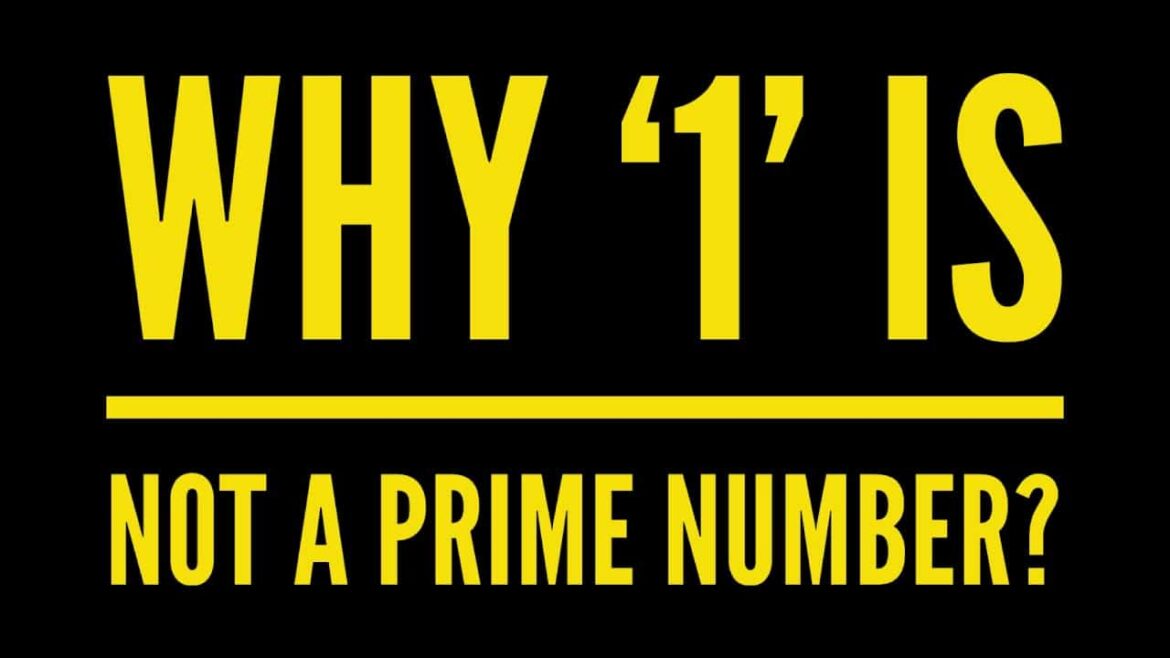1.6K
The concept of prime numbers is widely known. Why 1 is not a prime number remains a mystery to many people long after they have left school. We will enlighten you.
What a prime number is and why 1 is not one
There have been several discussions about the number 1 over the last 250 years. Some mathematicians classified 1 as a prime number, while others did not. So the solution to the question does not seem to be quite so simple.
- First, let’s clarify the rough definition of prime number.
- A prime number is any number that is divisible only by the number 1 and itself.
- Thus the numbers 2, 3, 5, 7, 11, 13, 17, 19 and 23, among others, are prime numbers.
Why is 1 not a prime number?
It is only since the 20th century that mathematics has agreed that 1 is not a prime number. There are numerous mathematically sensible reasons why 1 cannot or should not be a prime number.
- Short and sweet: A prime number always has two parts, 1 and itself. Every prime number can therefore be divided by 1 and itself.
- In the case of the number 1, the divisor is the number 1 in both cases, so there is only one divisor here. The 1 is therefore different from the prime numbers.
- Another mathematical law states that when two different prime numbers are multiplied together, the result is never a prime number. If 1 were a prime number, this principle would also no longer be true
- A mathematical principle is that any positive integer that is greater than 1 and is not itself a prime number can be written unambiguously as the product of two or more primes.
- For example, the number 15 can be represented as the product of the primes 3 x 5. If 1 were a prime number, however, 1 x 3 x 5 = 1 x 1 x 3 x 5 = 1 x 1 x 1 x 3 x 5 etc.
- Because 1 is the neutral element of multiplication, 1 cannot be a prime number for this reason either.

